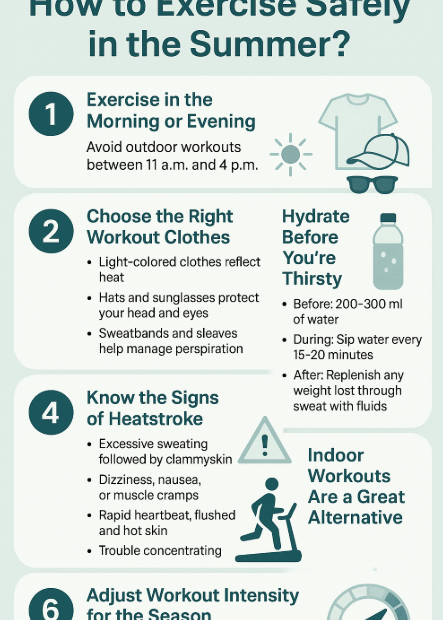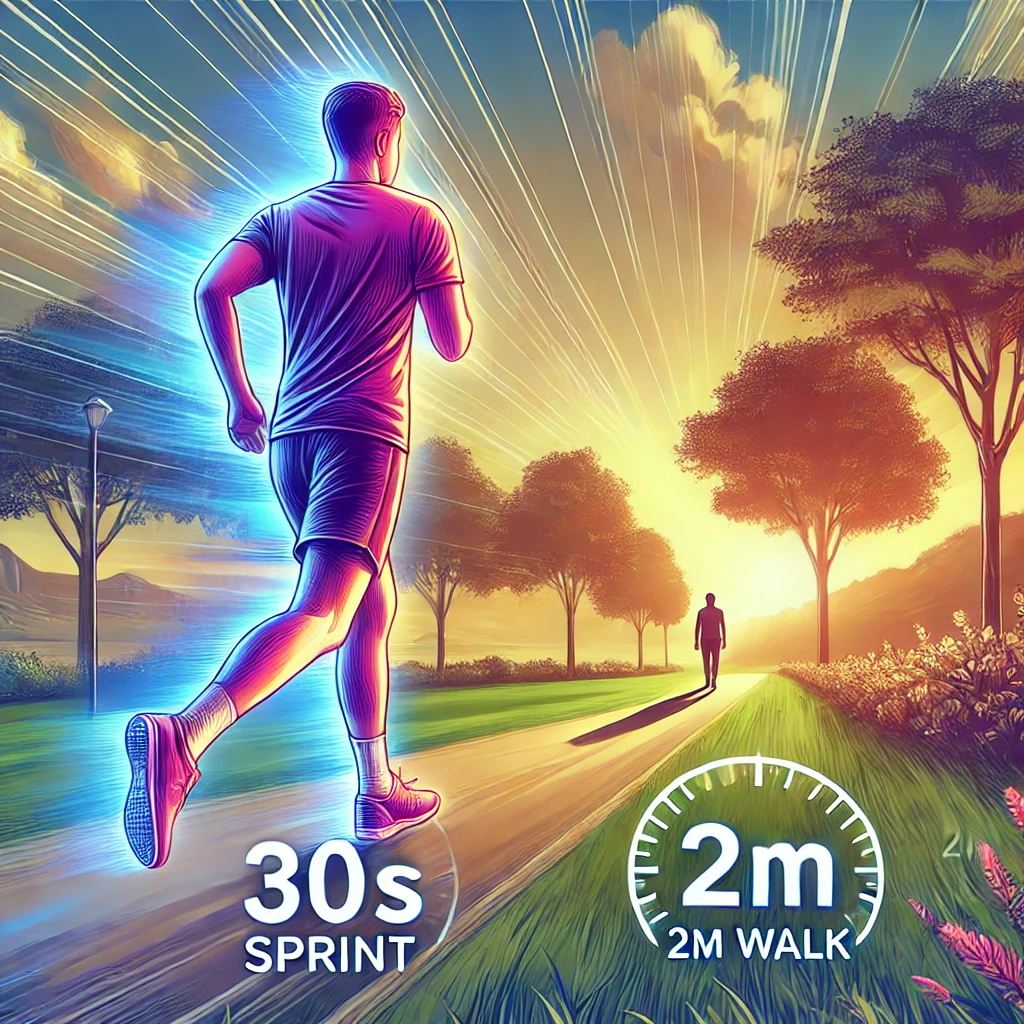How to Exercise Safely in the Summer?
As the temperature rises, stopping exercise altogether isn’t the solution—but working out without preparation can be risky. Summer brings a higher risk of heatstroke, dehydration, and low blood pressure, so it’s important to plan your… How to Exercise Safely in the Summer?





